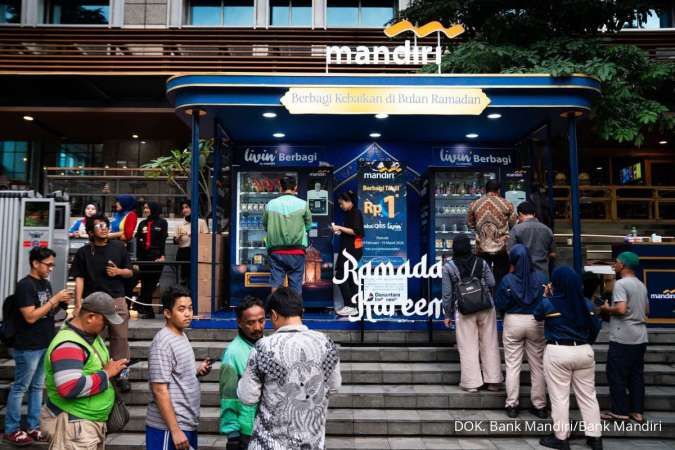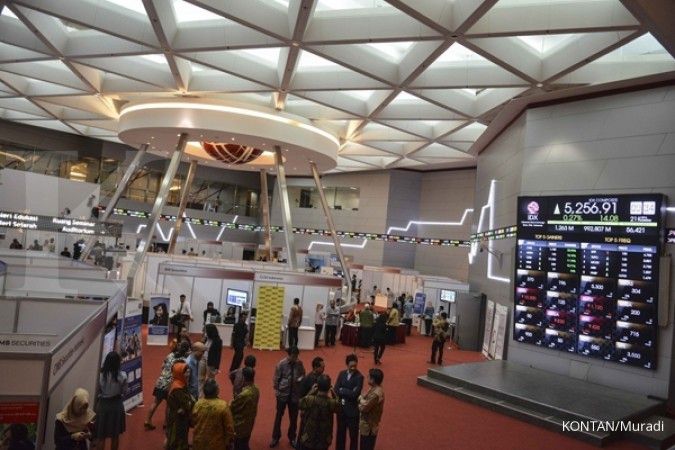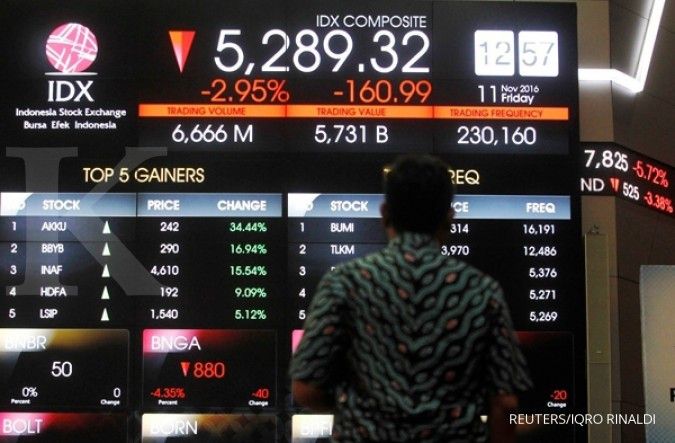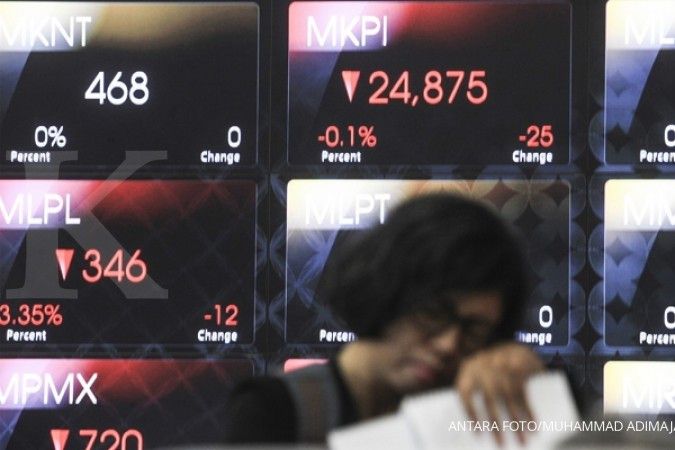Jakarta. The Donald Trump effect has not ended yet. This weekend, Indonesia’s financial markets led the fall in regional markets. In the transaction on Friday (11/11), Jakarta Composite Index (JCI), as well as the rupiah exchange rate against the US dollar continue to move in the red zone. Yesterday, JCI closed down by 218.33 points or 4.01% to 5,231.97. The collapse of the domestic stock market was caused by a sell-off by foreign investors. Total foreign net sell was at Rp 2.5 trillion. The analysts predicted that the sell-off was driven by a weaker rupiah exchange rate, which depreciated by 1.86% to a level of Rp 13,383 per US dollar. Director of Investa Saran Mandiri Hans Kwee assessed that the Trump’s victory in the US presidential election has affected the global market outlook.
The Trump’s victory has led to a higher perception of The Fed’s interest rate rise. Thus, the flows of foreign funds continue to come out and make JCI sprawl. "The market is also waiting for Trump’s policies regarding international trade that will affect global economic growth," said Hans. Nevertheless, the Dow Jones Industrial Average seems to have a solid position. "Dow Jones moves positive, but our stock exchange experienced a strong decline because of the sell-off," said Hans. According to him, foreign investors will continue the sell-off due to the changes of investors’ portfolio to the safe haven assets. Nevertheless, the Financial Services Authority (FSA) seems not too worried about the Trump’s effect on the domestic capital market. Chief Executive of the Capital Market Supervisory at FSA Nurhaida assessed that the market turmoil in the country is only temporary. "Some things that affect the global financial markets are related to The Fed’s interest rate. The market adopts wait and see stance over the new US president’s policies," said Nurhaida at the Indonesia Stock Exchange Building yesterday. Nurhaida is optimistic that the improved domestic economic fundamentals will compensate the decline in JCI. "We have also made several enhancements on the capital market rules that facilitate the investors and maintain market confidence," she said. Despite dropped sharply, Nurhaida assumed that the index volatility is still normal and does not need relaxation. The infrastructures of stock exchange have been able to maintain and anticipate the significant shares prices drop. "The stock exchange has adequate tools to anticipate it. If the market goes down significantly, there are rules, for example, on auto reject, suspension to cooling down, and so forth," said Nurhaida. Foreign funds are still large According to Head of Research at Universal Broker Indonesia Satrio Utomo, the market is still volatile over global economic uncertainty after the US election. So, many investors sold big caps shares. But the composition of foreign funds in the stock market is still large. He is convinced that Indonesia’s fundamentals are still attractive to the foreigners. "There are concerns, but they do not affect to the fundamentals of our market," he said. Domestic news has it that Indonesia's resilience to the crisis remains strong. However, the JCI’s decline needs to be observed, as it has hit the support level of 5,250. The next important support is at the level of 5,125. Satrio said that if the level is broken, market needs to be alert as JCI could drop to as low as 4,800," said Satrio.
Amid of the JCI’s decline, investors are still hunting the stocks with the income in the US dollar, such as the shares of mining and plantation commodities. Analyst at Asjaya Indosurya William Surya Wijaya assessed that the stronger commodities prices have driven the shift in the flow of investment. But, next week JCI has potential to rebound. As a result, the target of the index at the end of the year is still at the level of 5,525. In addition to commodities, Director of Sucorinvest Investment Jemmy Paul added that banking and consumer goods sectors are still attractive in this year. Paul estimated that JCI may stand at the level of 5,600, as rupiah has potential to return to stable level. (MUHAMMAD FARID/Translator)





